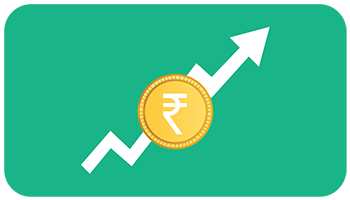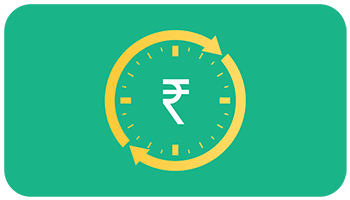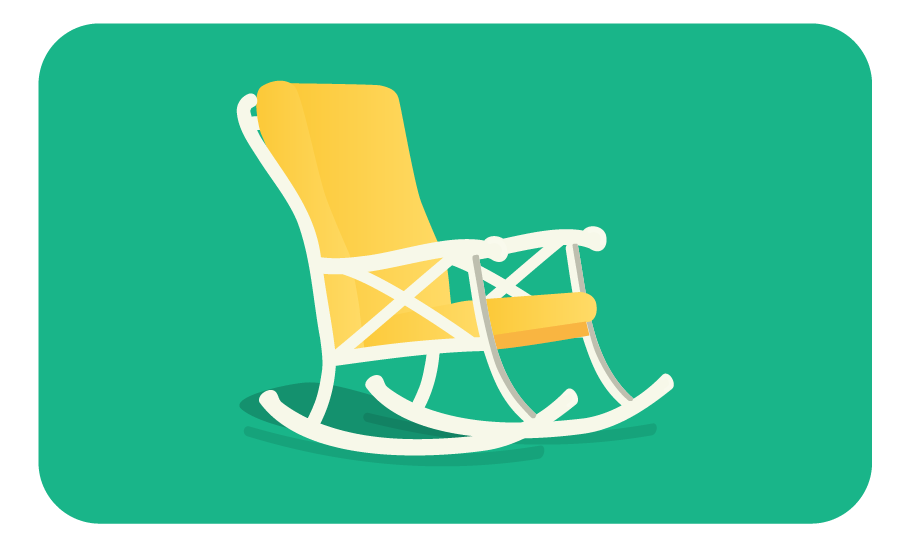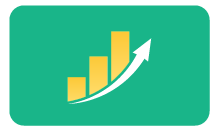The new tax regime effective from 1st Apr 2020 gives individuals and HUF taxpayers an option to choose between lower tax rates by forgoing certain exemptions and higher tax rates while availing exemptions (old tax regime). The newer tax regime may not suit everyone. Taxpayers need to evaluate the tax savings made under both the old and new regime to take a call.
For taxpayers having home or education loans, tax deductible life insurance policies, a higher salary of more than 15lakhs, or who can save a lot through exemptions, the older regime may be more suitable. Hence these taxpayers can consider investing in ELSS to save tax under the old tax regime. The newer regime definitely saves you from a lot of paperwork at the end of the year
Read more285













